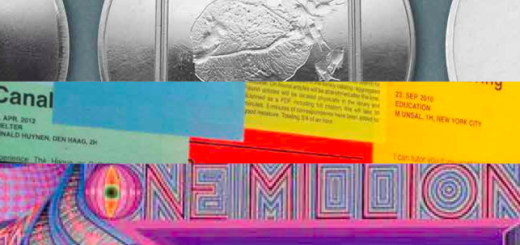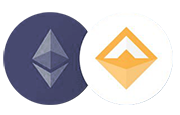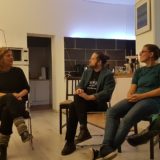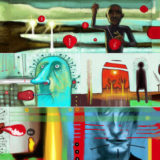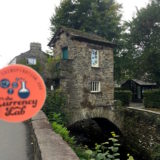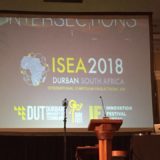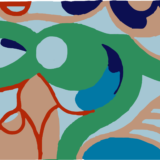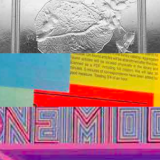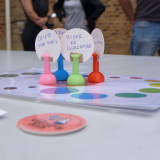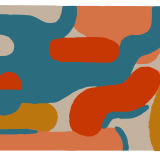Towards a commons financing of art & intellectual commons
What models exist and are evolving to finance the cultural commons? I talk about crowdfunding, patronage, rare digital art collecting and cultural funds, among others, in a panel at ISEA Durban called “Transdisciplinary Collaborative Practices in Art, Science and Technology”.
.
.
Below the abstract for the upcoming paper:
We have today an artificial scarcity imposed into digital intellectual goods by way of DRM and copyright laws. Copyright evolved historically as a response to reproduction technologies such as the printing press and the phonograph. Since those times, authors faced a balancing choice. In order to make a living from the sales of their work, part of the profits should find a way back to them through royalties and copyright practices. But too tight of a control might mean the work does not get distributed widely and misses the opportunity to enrich and develop the culture in its full potential (not to mention the artist him/herself). This dilemma still exists. Art and culture is a type of commons and enclosures in the form of copyright laws harm our collective heritage and our access to this cultural wealth. On the other side, artists and authors need the means to live and produce their work.
Options for alternative forms of financing culture are emerging and being tested, making use of digital and networked technologies available in the present. This paper aims to describe their characteristics and explore what they can contribute to foster the cultural commons, while also pointing to possible developments and new collaborative financing forms that can evolve in the future. Some of the structures reviewed are: crowdfunding (from product / reward only to alternatives highlighting the creation of commons), patronage (content-based or more geared to generating monthly income), cultural funds (and their forms of curation and governance) among others.
Authors have the choice to release their works with copyleft and commons-friendly licenses, and several initiatives are working to develop such licenses in the framework of current national and international law. If new forms of collaborative financing can provide both the living means for artists and allow their work to be disseminated freely, enriching the global cultural commons, that can mean an end to the dilemma and a new paradigm for the distribution and access to culture.


